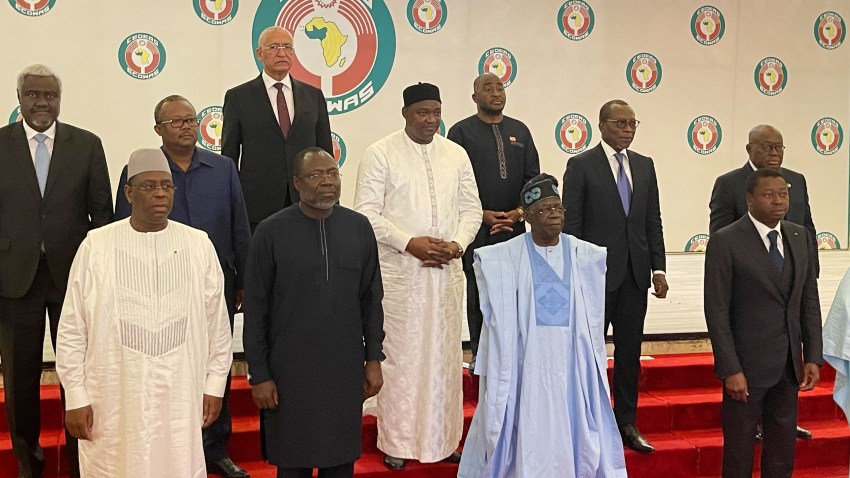In many respects, the toppling of Niger’s President Mohamed Bazoum last week by a junta led by the head of the Presidential Guard, Gen. Abdourahamane Tchiani, was typical of the other coups that have wracked the Sahel region in the past three years. Faced with his imminent sacking, Tchiani ordered his troops to seize the presidential palace with Bazoum inside; he has remained there since then, part captive, part hostage, as the junta seeks to consolidate its hold on power.
But if there has been a significant difference between the coup in Niger and others across the region in recent years, it has been in the response to it by Niger’s neighbors and the Economic Community of West African States, or ECOWAS. The regional bloc’s initial reactions to coups in Mali and Burkina Faso were seen as tepid, only gathering force with the former after the military junta in Bamako dragged its feet on a planned transition to civilian rule. By contrast, ECOWAS has refused to recognize the Niger junta, and over the weekend it imposed draconian economic sanctions, while threatening a military intervention in the event Bazoum is not returned to power within a week.
Coming at a time when the West’s decade-long military effort to counter jihadist insurgents across the Sahel seems to be running out of steam, the response to the coup in Niger highlights a nascent transition between waning Western power structures in the region and efforts to construct new systems of collective security there and elsewhere in Africa.

